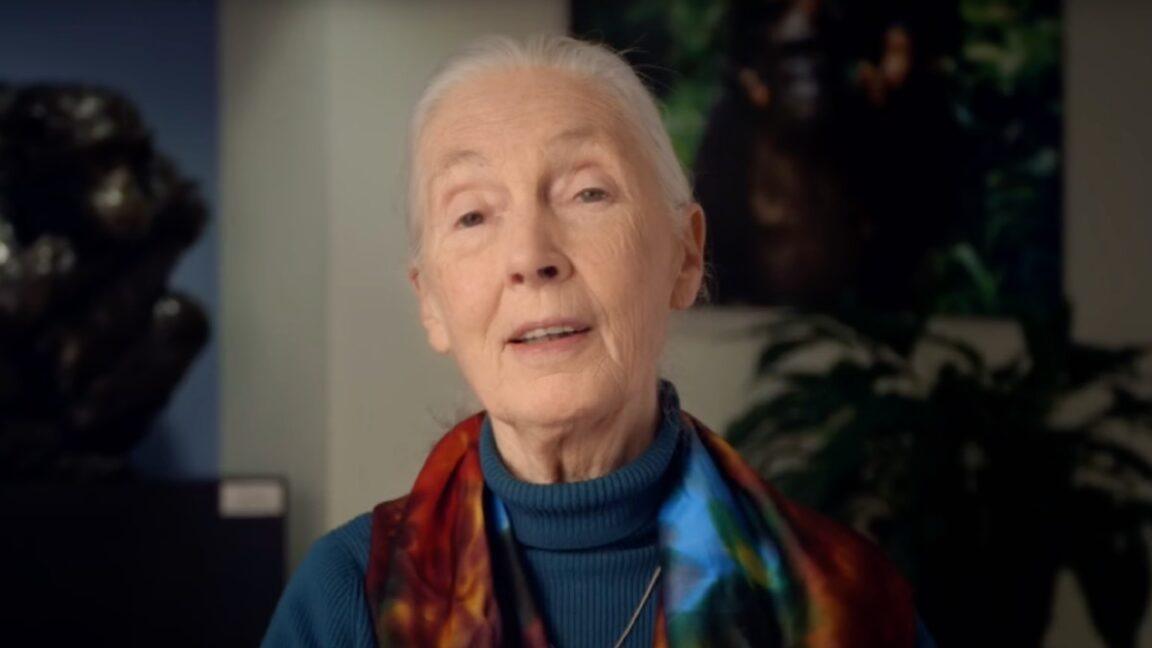
""Jane was passionate about empowering young people to become involved in conservation and humanitarian projects and she led many educational initiatives focused on both wild and captive chimpanzees," the institute wrote in a statement. "[Her] discoveries as an ethologist revolutionized science. She was always guided by her fascination with the mysteries of evolution, and her staunch belief in the fundamental need to respect all forms of life on Earth.""
"Goodall found an early mentor in paleoanthropologist Louis Leakey, who employed her as a secretary at the National Museum in Nairobi. She accompanied Leakey and his wife, Mary Leakey, on a hunt for fossils at the Olduvai Gorge. Impressed with the young woman's potential, Leakey sent her to Tanzania to study chimpanzees in the Gombe forest. He also arranged for her to enter the PhD program in ethology at Cambridge University;"
Jane Goodall died at 91 in California while on a US speaking tour, of natural causes. Her immersive field research living among chimpanzees in the 1960s redefined human-animal relationships and transformed ethology. She promoted conservation, humanitarian projects, and educational initiatives focused on wild and captive chimpanzees, emphasizing respect for all forms of life. Goodall loved wildlife from childhood and kept a stuffed monkey named Jubilee. Louis Leakey mentored her, employed her at the National Museum in Nairobi, and sent her to study chimpanzees in Tanzania’s Gombe forest. She entered Cambridge’s PhD program in ethology and founded a research program that remains active. Her choice to name chimpanzees instead of numbering them was controversial in a male-dominated field.
Read at Ars Technica
Unable to calculate read time
Collection
[
|
...
]